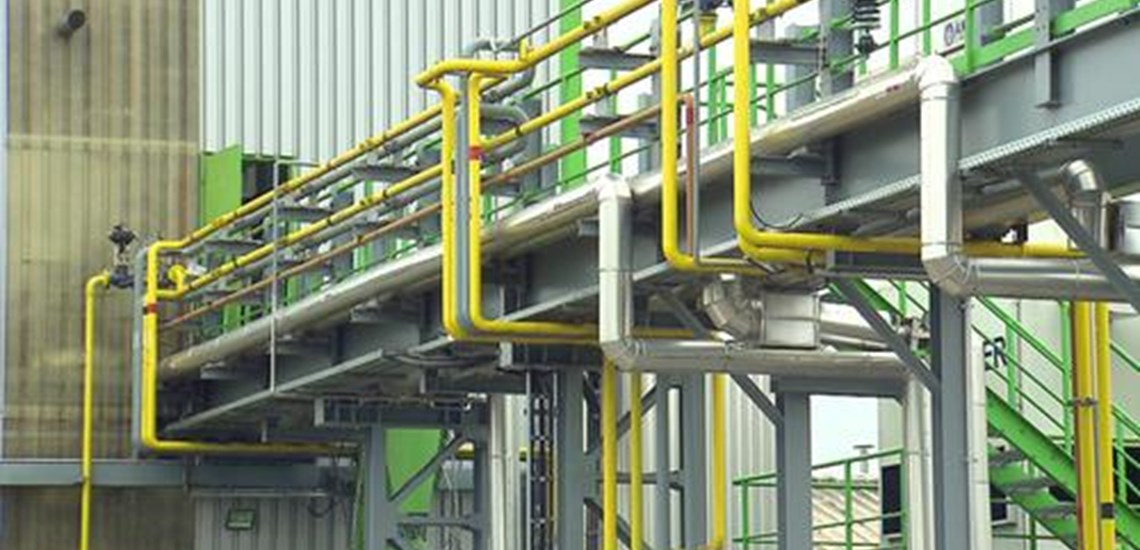Capacity Growth for Pyrolysis Oil as BASF invests in Pyrum
Pyrum Polymer Pyrolysis Comes of Age
BASF, based in Ludwigshafen, is to invest EUR 16 million in Pyrum Innovations in Dillingen. The technology company specializes in the pyrolysis of used tyres. With the investment, the chemical company will support the expansion of the Pyrum pyrolysis plant and the further market launch of the technology.
Pyrum currently operates a pyrolysis plant for used tyres that can process up to 10,000 tons of tyres per year. The existing plant will be expanded by two additional production lines by the end of 2022. BASF will purchase most of the pyrolysis oil it produces and process it into new chemical products as part of the ChemCycling project, using a mass balance approach. The resulting products are aimed primarily at processors from the plastics industry who are looking for high-quality, functional plastics based on recycled materials.
This comes at a time when Michelin has announced the BlackCycle partnership that also includes Pyrum, looking at the inclusion of tyre derived materials in new tyres.
In addition, Pyrum intends to build further tyre pyrolysis plants together with interested partners. This significantly shortens the path to serial use of the unique technology. Future investors in the technology can be certain that the pyrolysis oil will be used by the chemical company for the manufacture of high-performance chemical products. Through the cooperation, the cycle for post-consumer plastic waste can be closed. According to DIN EN ISO 14021: 2016-07, old tyres are post-consumer plastic waste.
The two companies assume that, together with other partners, production capacities for up to 100,000 tons of pyrolysis oil per year from used tyres could be built up over the next few years.
BASF will use the pyrolysis oil from used tyres as an additional source of raw materials supplementing the pyrolysis oil from mixed plastic waste. The long-term focus of the ChemCycling project is on using it.
Products made from pyrolysis oil using a mass balance approach have exactly the same properties as products made with primary fossil resources. In addition, they have a lower carbon footprint than conventional products. This is the result of a life cycle analysis carried out by the consulting firm Sphera on behalf of the group.
Among other things, they were able to demonstrate this for the manufacture of polyamide 6 (PA6), a plastic polymer that is used, for example, for high-performance components in the automotive industry. One ton of PA6 made with tyre pyrolysis oil from the Saarland plant, and using a mass balance approach, emits 1.3 tons less CO2 than one tonne of PA6 made with fossil raw materials. The lower emissions result from the fact that the old tyres are not burned.
Source: plastverarbeiter.de




















